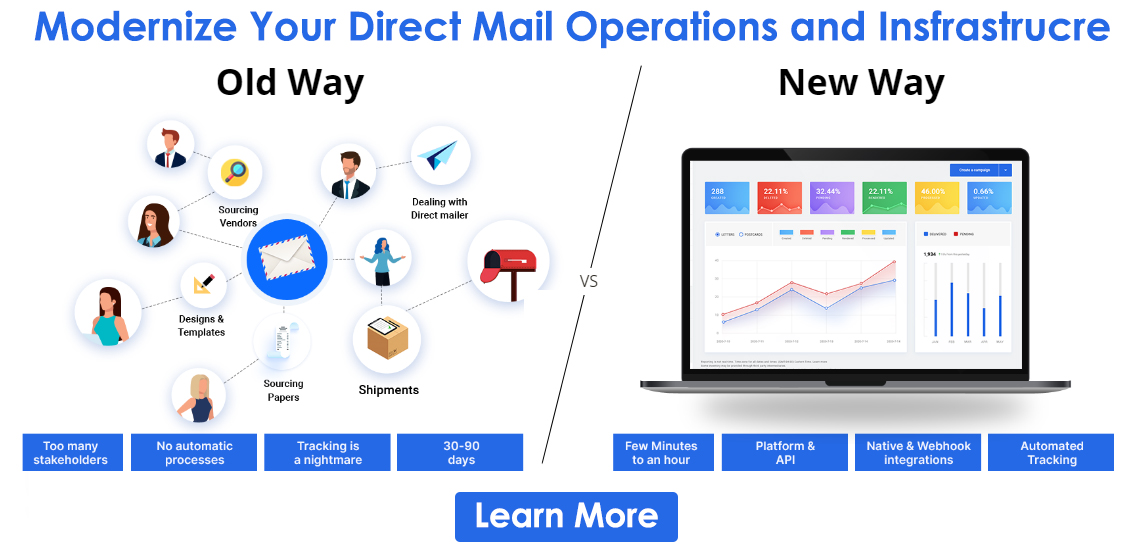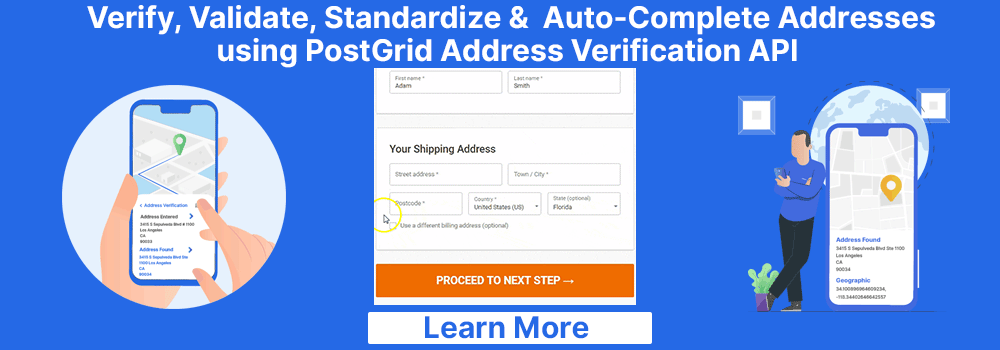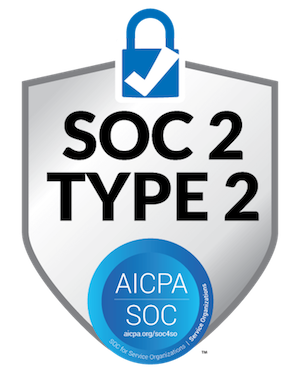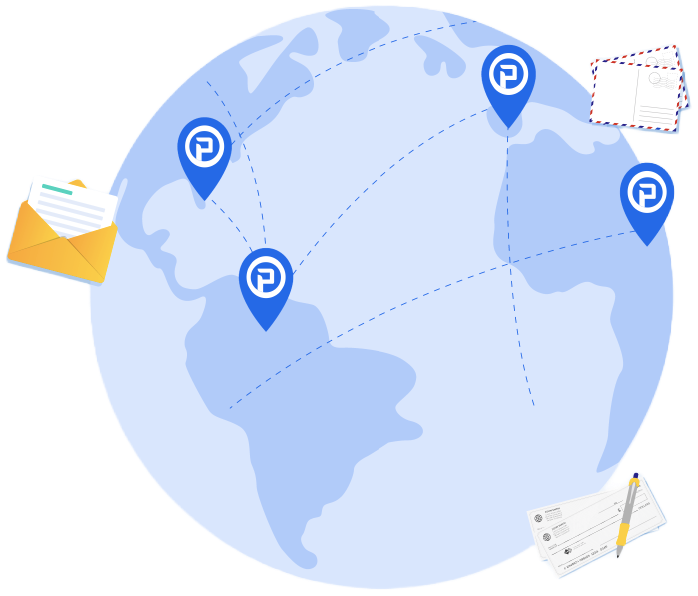
What is Location Intelligence?
Have you ever wondered how to use location intelligence for your business operations? If not, here’s your cue to get started.
It impacts all decision-making processes, modernizes operations, and impacts sales. Also, it lets you take a geographical approach to segmenting your target audience, helping you find solutions and using analytical data.
Don’t worry! This blog better explains what is location intelligence and how to use it.
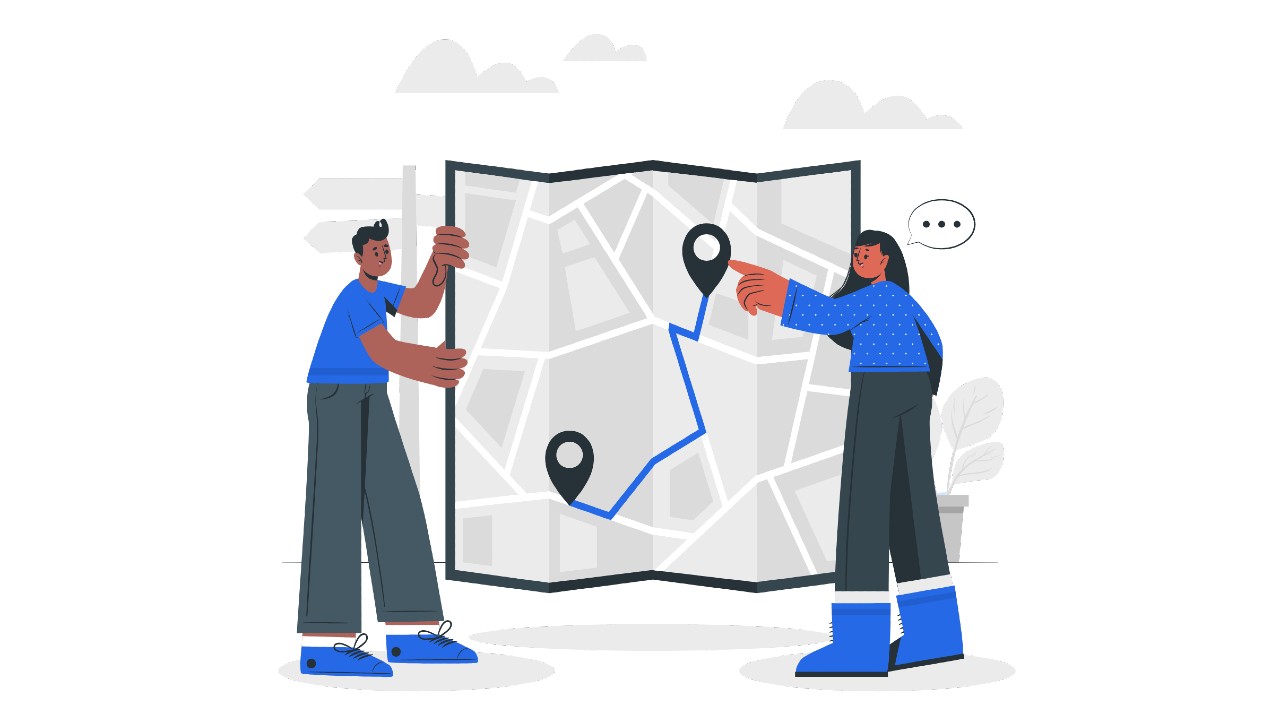
What is Location Intelligence?
It involves leveraging geospatial data to make location-based decisions. Location intelligence (LI) helps you get insights from place-specific information, including
- Weather
- Population
- Demographics
- Economics
- Environment
- Household income of the people living somewhere
Businesses, Government bodies, and other corporations layer this data on smart maps to compare locations.
The primary goal of location intelligence is to spread the data chronologically and spatially to solve a business’ problems.
Here’s an instance. Imagine you want to open another franchise for your store in Texas. What are the questions you ask?
- Can the people living in the neighborhood afford the items?
- What’s the shopping pattern of most residents?
- Is the weather good?
These questions about location intelligence can be the difference between your business succeeding and failing. Thus, they matter!
How Does Location Intelligence Work?
It uses intuitive technology to help you access many datasets, like annual income, social conditions, profession, etc., of the people living in specific places. These location analytics allow businesses to understand how different places affect their organizational goals. Also, it gives them an idea of where to hold their operations.
A location intelligence software program also uses interactive technology to create real-time maps. They help you filter and only view the details that matter to your firm.
Primary Use Cases You Should Know About
Many businesses in all sectors use location intelligence for different purposes. They use it to build and maintain infrastructure, manage products, select sites, etc.
Here is a breakdown of these use cases:
Customer Insights
Companies gather insights about their target customers using location technology. They use the data to improve sales, acquire new leads, and generate revenue.
Though it is more crucial for organizations with offline stores or workplaces, like retail boutiques, dentist offices, and restaurants, it benefits everyone.
Using location intelligence to predict whether a product or service will get sales can help businesses expand.
Also, many companies enhance their services with these details. They might also change prices on the same products based on the customers’ paying capabilities.
Having location-based data lets them earn more from places that can pay more.
Competitor Intelligence
Knowing your competitors’ strategies is always a plus for businesses or for-profit organizations. They can use location intelligence to understand why other companies operate where they do and the economic situation of these places.
Thus, they can start doing the same thing if these competitors are successful. Similarly, they can use location data management to avoid making similar mistakes.
Financial Investment
Investments are a crucial decision for all companies. Hence, leveraging location intelligence becomes a must before investing.
You may need to hire companies that provide information on intelligent locations. It helps understand whether acquiring a company in a specific locality is profitable. Or imagine you want to open a warehouse in a place free of insurance risks. These are the prime use cases for using geospatial data.
Geomarketing
Location data is significant for businesses planning to conduct a billboard marketing campaign. They can visualize and analyze which billboards get the most attention from their target audience. Also, they can decide where to put up posters or use out-of-shop signages.
The location intelligence technology lets you learn about people’s real-world behavior toward out-of-home (OOH) advertisements.
Another use case related to geomarketing is mobile advertising. Utilizing location proxies can enhance the accuracy of your geomarketing efforts, ensuring targeted messaging reaches the right audience. You can learn where most of your prospects and customers live to send promotional messages to people based on location.
Boost Understanding of Patterns and Processes
Locations are the threads connecting data silos. You can use location-specific information to bridge gaps and better know different insights and analytics.
Here’s how:
Find Hidden Patterns
Understanding situations becomes easier when you know hidden patterns.
For example, you want to know why more customers are buying a specific product or why sales are dropping in one of your stores.
Get Real-Time Analytics
You can get real-time data using location intelligence because it works on the most updated information. The concept lets you make last-minute decisions by transforming raw data into valuable information.
Create Awareness
Many businesses use location intelligence to create systems or network twins to boost efficiency. They allow you to predict upcoming trends and act accordingly.
Location Intelligence: Challenges
Data determination, cleaning, filtering, and evaluation are broad challenges for LI companies. They spend most of their time preparing for the technology to work instead of analyzing the collected data.
Companies must find the correct tools and people with the right skills to contribute to their location-based marketing and other efforts.
Another challenge is dealing with large-volume data. Since IoT, telematics information, and location-based devices are becoming popular, these volumes are escalating quickly.
Thus, setting the proper filters and using location intelligence in the intended manner has become challenging.
However, you can take one step at a time. You might use PostGrid’s address verification services to cross-check, standardize, and verify customers’ postal addresses.
Accessing cleansed and updated information can step up your location intelligence game by offering more clarity on your targeted locations.
What Is the Connection Between Location Intelligence and GIS Technology?
The geographic information system technology powers location intelligence by allowing you to store, visualize, and examine geospatial data.
You can use many software programs, like GIS dashboards, platforms, and smart apps, to simplify sharing location-based information.
Also, data scientists and analysts use them to combine and work upon all data types, producing usable information for businesses to grow!
Is Location Intelligence the Same as Business Intelligence?
The difference between business and location intelligence is—the data type and use case.
Business intelligence collects and analyzes many data kinds. The information from this analysis helps for-profit organizations improve their operations and sales.
However, location intelligence uses a specific category of data: geospatial. It includes footfall patterns, footprints, interest areas, road traffic, and weather.
These details do more than help businesses grow! You can apply them to many other use cases in all industries.
Location data ranges from lines, polygons, and geographical points to mailing addresses. It also includes latitudes and longitudes or coordinates.
One can create geospatial data using location names, like cities, states, and countries. Thus, there are no limits on how broad or narrow the information is, making location intelligence better than business intelligence.
How Can PostGrid Help You Improve Your Location-Based Databases?
PostGrid’s address verification API and software allow you to improve your customer databases. You can parse, reformat, verify, and update your delivery addresses, giving you a better idea of the locations you serve.
It helps you send direct mailers without hassles, conduct accurate marketing campaigns, and fulfill orders within the specified time. However, it also forms a significant part of your location intelligence efforts.
PostGrid verifies addresses of 245+ countries. It lets you get the geocoding, DPV, and other information, helping you analyze different places and determine patterns.
Get a demo to understand how PostGrid address verification adds to your location intelligence advancements!


